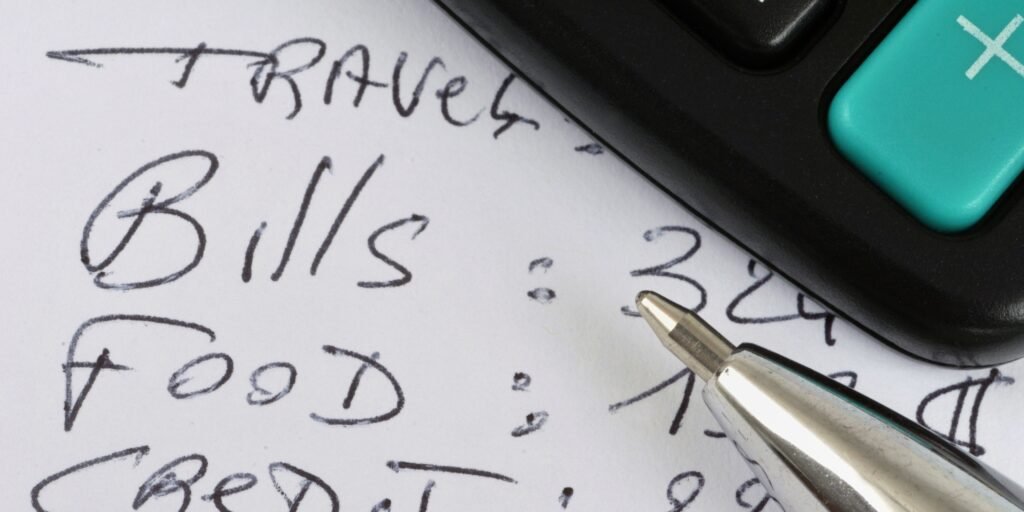Address
1600 East Desert Inn Rd Suite 270Las Vegas, Nevada 89169

1. Track Your Expenses
We should be aware of where we spend our money.
Make use of phone apps.
Downloading a money management app might be helpful. It’s an easy way to track your spending. Some apps offer more options such as reminders, setting up spending limits, or setting up goals so choose the app that suits your needs.
Look at your statements and receipts
You get receipts from your purchases the same goes when you use your debit or credit card, every transaction is recorded. Check these transactions regularly, view or download your hard copy of your statements or receipts.
Write down
Write your expenses throughout the day. Record every dollar you spend. If you must, record the store where you made the purchase and the date.
2. Prioritize
Taking care of your 4 Walls (Housing, Transportation, Food, Utilities) is much more important than the latest iPhone.We all have something that we need to spend on, so you need to ask yourself:
Do I need this?
Is it vital?
How much will this cost?
How soon do I need the money?
Asking these questions to yourself will help you weigh your financial priorities. It will also help you pause for a moment before clicking on that buy button or checking out at the counter.
3. Cook!
You might find this unnecessary but cooking your own food will save you more money. Groceries are cheaper than restaurants.
If you cook efficiently, it can create an opportunity to save more. For instance, deciding what to eat and preparing a list of foods to cook in a week makes your grocery shopping more efficient. In addition, you get to have a preview of how much you’re going to be spending.
The best part is you can opt for a healthier meal by preparing and cooking your food not just for yourself but for your entire family.
4. Save First
Have some of your paycheck directly deposited into your savings account or set up an automatic transfer each month from your checking to your savings account.
Save first spend later.
Saving first and spending what’s left so when your paycheck comes in, it goes to your savings; first, you must pay bills, second, and lastly, lifestyle expenses. Rather than spend first, save later. Then, all your income goes to your bills, and you might not get to have savings anymore.
5. Pay Debts by Size and Importance
Budget a set amount to pay towards debt, and take care of important yet small debts first.
Everyone has little debts to manage. If you have small debt, keep up with your payments to avoid getting it out of hand. However, if you have a large debt, you’d have to put more effort into paying it off while juggling with debts that you’re not currently paying. Know how much you owe. It will help you decide on what debts to pay first, even if that is small.
By paying smaller debts, you’ll be able to pay off several debts (if you have) earlier on. There’s also a sense of motivation and fulfillment if you can see visible progress.
Reference:
https://moneysmart.gov.au/budgeting/track-your-spending
Let’s settle it: does cooking at home really save you money?
https://www.moneysense.gov.sg/articles/2018/11/managing-your-money
https://www.thebalance.com/how-to-manage-your-debt-960856
